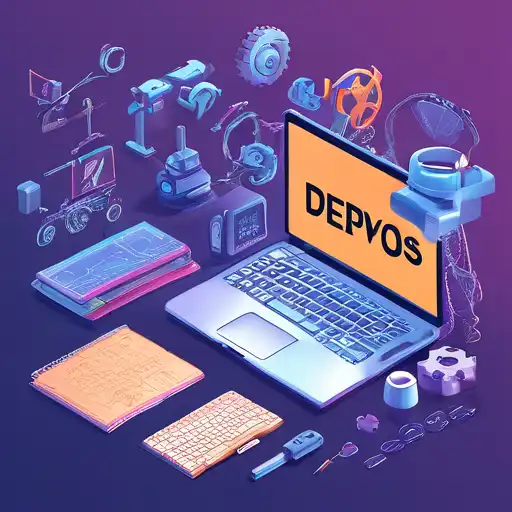Introduction to DevOps in 2023
As we step into 2023, the DevOps landscape continues to evolve, bringing forward tools that promise to streamline software development and operations. This guide highlights the essential DevOps tools you need to know to stay ahead in the game.
1. Continuous Integration and Continuous Deployment (CI/CD) Tools
CI/CD tools are the backbone of DevOps practices, enabling teams to automate the stages of app development. Jenkins, an open-source automation server, remains a favorite for its flexibility and plugin ecosystem. GitLab CI/CD and CircleCI are also gaining traction for their cloud-native capabilities and ease of integration with GitHub repositories.
2. Infrastructure as Code (IaC) Tools
IaC tools like Terraform and Ansible allow teams to manage infrastructure through code, improving efficiency and reducing errors. Terraform's ability to support multiple cloud providers makes it a versatile choice for multi-cloud strategies.
3. Containerization and Orchestration Tools
Containerization has revolutionized how applications are deployed and managed. Docker continues to lead in containerization, while Kubernetes dominates orchestration, offering scalable solutions for managing containerized applications.
4. Monitoring and Logging Tools
Effective monitoring is crucial for maintaining system health. Prometheus and Grafana offer powerful monitoring capabilities, while ELK Stack (Elasticsearch, Logstash, Kibana) provides comprehensive logging solutions.
5. Collaboration and Communication Tools
DevOps is as much about culture as it is about tools. Platforms like Slack and Microsoft Teams facilitate seamless communication among team members, ensuring that everyone is aligned and informed.
Why These Tools Matter
The right set of DevOps tools can significantly reduce deployment times, improve collaboration, and enhance product quality. By leveraging these tools, teams can achieve a more agile and efficient workflow, paving the way for innovation and success in 2023 and beyond.
Conclusion
Staying updated with the latest DevOps tools is essential for any team looking to optimize their development and operations processes. Whether it's through automation, containerization, or effective monitoring, these tools offer the capabilities needed to meet the demands of modern software development.
